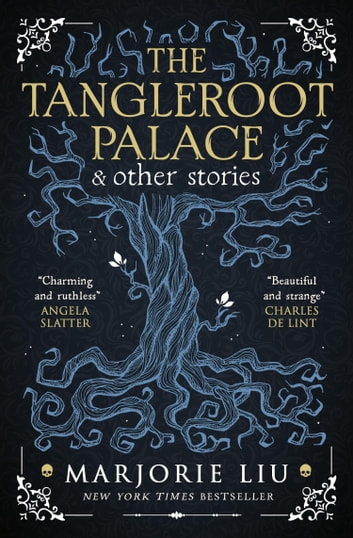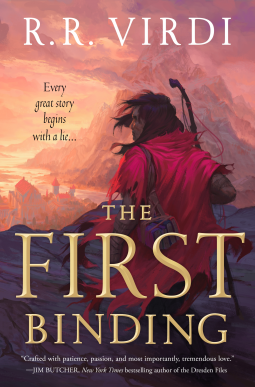Collection of fantasy short stories and a novella
This was a set book for my fantasy book club. I hadn’t heard of this author before so I was keen to dip my toes into her work.

“The Tangleroot Palace & other stories” by Marjorie Liu is a collection of six speculative fiction short stories and a novella. Sympathy for the Bones examines the witch-apprentice dynamic and how much those who raise us own our futures. The Briar and the Rose is a reimagination of Sleeping Beauty. The Light and the Fury revisits colonialism in the Pacific with an alternative history. The Last Dignity of Man is a character study of Superman’s Lex Luthor. Where the Heart Lives draws inspiration from Irish folklore. After the Blood is a dystopian story about Amish vampires. Finally, the eponymous novella, Tangleroot Palace, is a take on the princess fairytale genre.
This is a well-written collection of stories that take on well-known themes and present them with a modern lens. Liu subverts the tropes of this genre through queer relationships, grey morality, feminist characters and alternative pasts and futures. Liu includes little author’s notes at the end of each story which help to contextualise them. My favourite was The Light and the Fury as it was the most original and had a really unique undersea setting.
Unfortunately, however, I just didn’t find any of the stories especially memorable, and even though I only read this book a couple of months ago, I was struggling to recall what they were about. Many of the stories are retellings; either of well-known stories like Sleeping Beauty and Superman, or of well-known fairy-tale archetypes like witches and princesses. I think because there isn’t much novelty in the stories, they blur a bit into the fantasy canon and fail to stand out.
A fun collection but one that apart from applying contemporary themes to familiar stories, doesn’t introduce anything groundbreaking.











